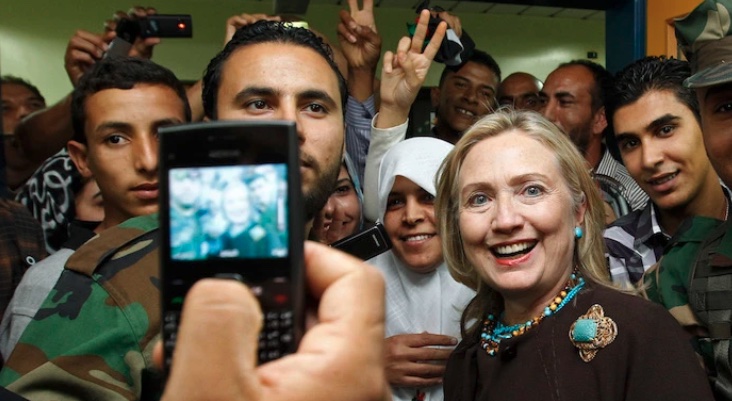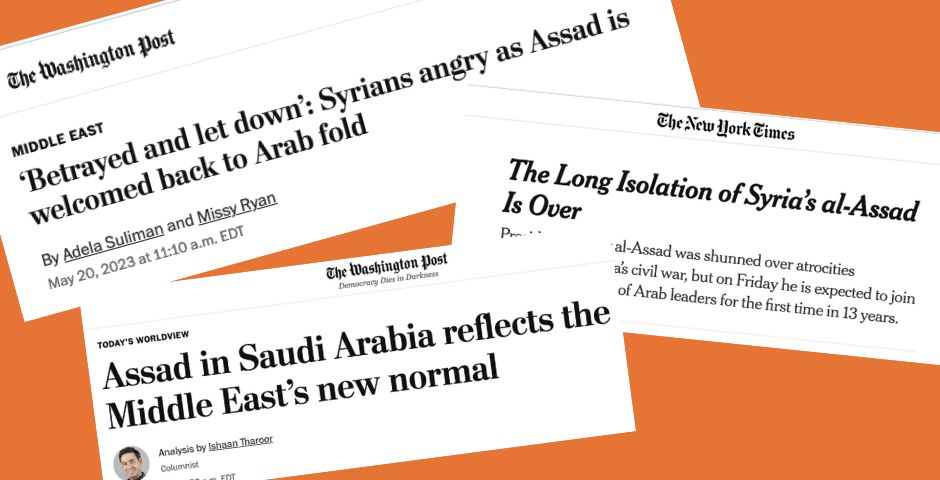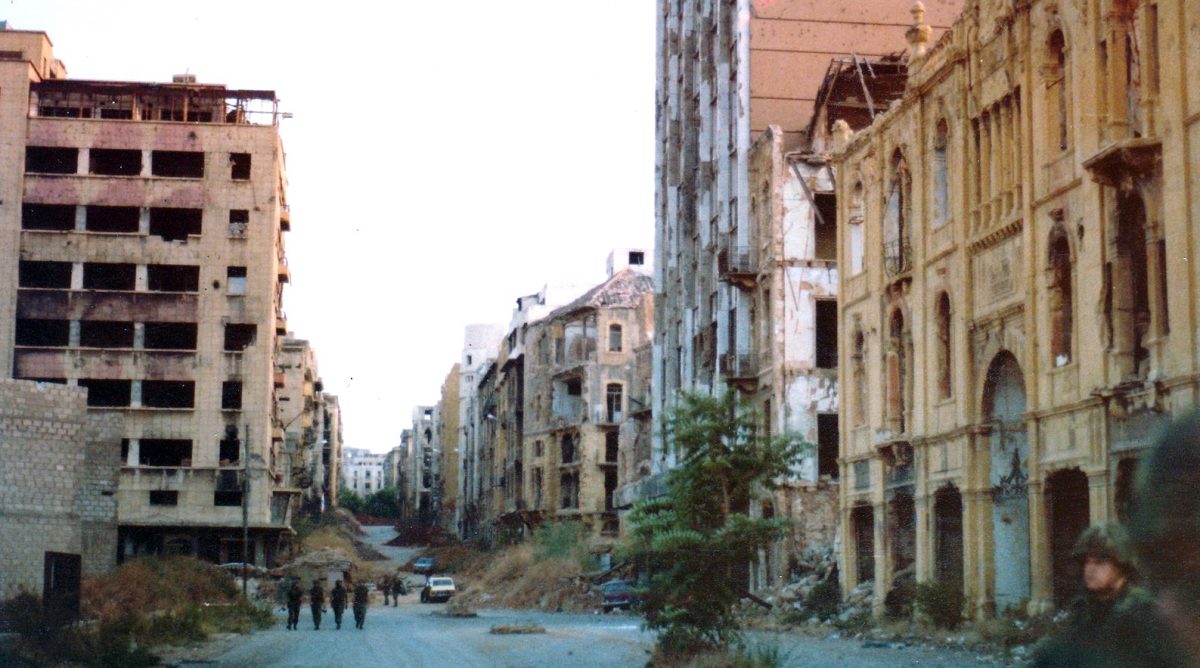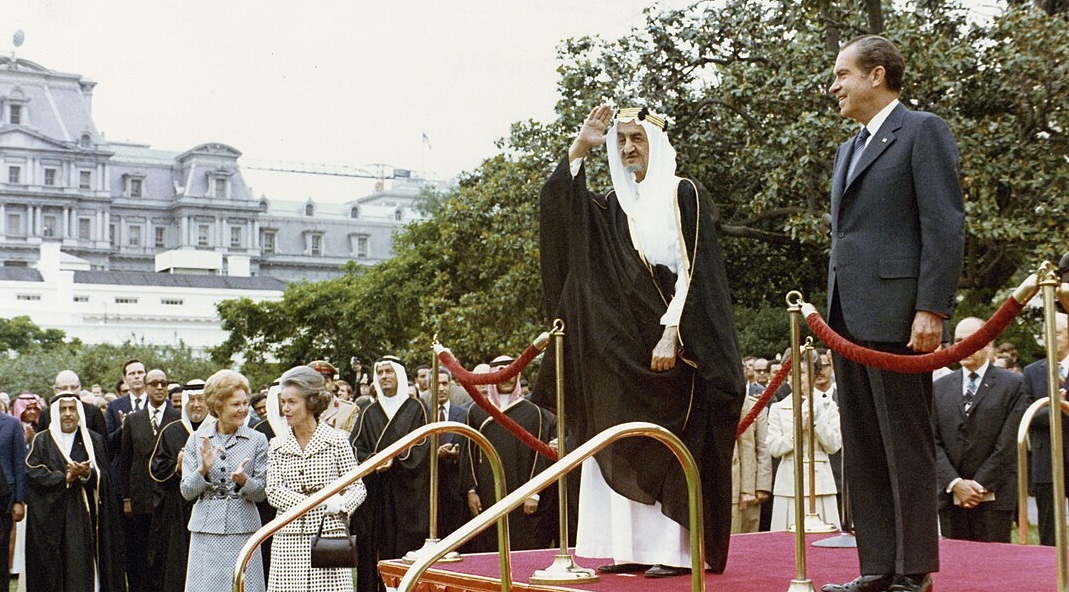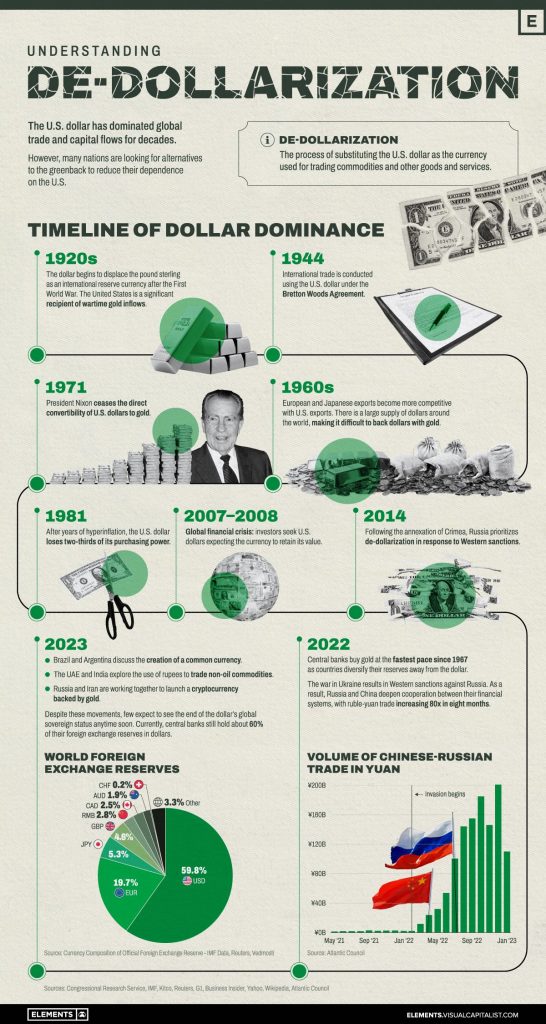The above photo is of one of the exultant visits Hillary Clinton made to post-Qadhafi Libya in 2011
I am delighted that after a hiatus of more than a dozen years (in the course of which I was working mainly as a book publisher) I have now returned to the pages of The Nation, with this article about the return of Syria to the Arab League and the prospect this raises for radically de-escalating the civil war that has devastated Syria for the past 12 years, or even—inshallah!—helping this conflict toward an end.
I warmly invite everyone to read the whole of the Nation article! But toward the end I wrote this, which was a point I want to explore a little more deeply in today’s essay:
Especially since the end of the US-Soviet Cold War, many Americans have been attracted to the idea that our foreign policy should be based on morality. But the version of morality that’s most widespread in today’s America is worryingly vulnerable to the influence campaigns of parties that seek to entangle the United States in regime-change operations in various places. And it pays little heed to the long-existing wisdom that war itself is something that inflicts deep harm on everyone caught in its tentacles, and therefore that bringing a halt to an existing war is itself a deeply moral endeavor.
Regarding the “influence campaigns”, I had provided a lot more information (here) on the heavily funded influence (propaganda) campaigns that Saudi Arabia, the UAE, and others had maintained for many years in Washington DC, regarding Syria . Let’s hope those campaigns are now dialed back, or even pushed into a strongly pro-reconciliation mode!
In today’s essay, though, I want to dive deeper into the topic of “the long-existing wisdom that war itself is something that inflicts deep harm on everyone caught in its tentacles.”
Continue reading “War, Morality, Syria, Libya”
